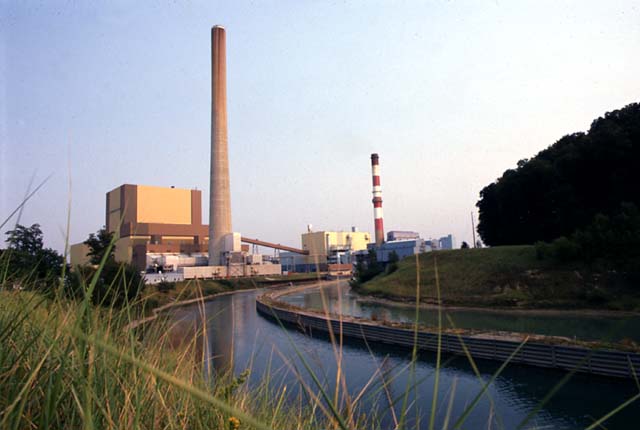The Michigan Public Service Commission (MPSC), following United Nations (UN) agreements and directives, is mandating extraordinary changes to our electric grid, land use, taxation, and more, using large corporate monopolies like Consumers Energy to do its bidding:
- 2025 closure/demolition of Ottawa County’s Campbell plant (which generates electric for 1 million regional residents, and even just 5 years ago was supposed to remain operating to 2040 given the over $1 billion of customer money put into anti-polluting equipment)
- Applying pressure to close/demolish State gas plants, as part of the UN plan for rapid phase-out of ALL fossil fuels
- Imposition of solar, wind, and nuclear projects, overriding elected local zoning
- Rapid 2025 restart of the Palisades nuclear plant despite its poor condition, which would be the first restart of a shut down nuclear plant in US history
These mandates and more work to bring Michigan counties into line with UN Agenda 2030 and “Pact for the Future”, but electric grid operator MISO recommends delay of plant closures because otherwise the grid risks demand exceeding supply, with all its terrible consequences. There are also significant environmental and land use risks with some of these rapid changes, especially coming at a time energy intense data centers are being opened, such as the one Microsoft is planning in Kent County.
In order to get back elected local control, the SaveTheCampbell.com effort recommends to the town and county boards of Ottawa County, as well as the voting citizens in general, the following:
- Sign a letter requesting delay in closure/demolition of the Campbell
- Ottawa County utilize mechanisms in Michigan constitutional law to municipalize the Campbell and other electric infrastructure in the county currently owned by Consumers Energy and transfer them to a county electric cooperative, and this cooperative pay for them via a municipal bond to be paid down over time from the revenues generated by electric service provided. The elected board of directors of the cooperative oversee appointed managers who bid out to Consumers Energy, DTE and other competent parties for 4-year contract periods the management and operation of the electric utility infrastructure and monitor contractual performance.
- Investigate the necessary local monitoring and infrastructure necessary to safely regulate and accommodate MPSC-imposed solar, wind, and nuclear projects, and enact local taxes to pay for what is deemed necessary. For example, safe solar panel disposition at end of their economic life is very expensive, and appropriate infrastructure will need to be built to accommodate it. Also, solar panels often contain hazardous chemicals and any leakage needs to be monitored and quickly addressed to save from groundwater contamination and land remediation.
- Investigate electric demand of new data centers to make sure residents are prioritized over large outside corporate interests.
Much of Ottawa County (cities of Zeeland, Grand Haven, and Holland) already has local control and public accountability of the electric utility system; now is the time to extend that to the rest of the county. Now is the time also to make sure to get local control over energy projects which may pose significant environmental risks. Procrastination is our enemy.
